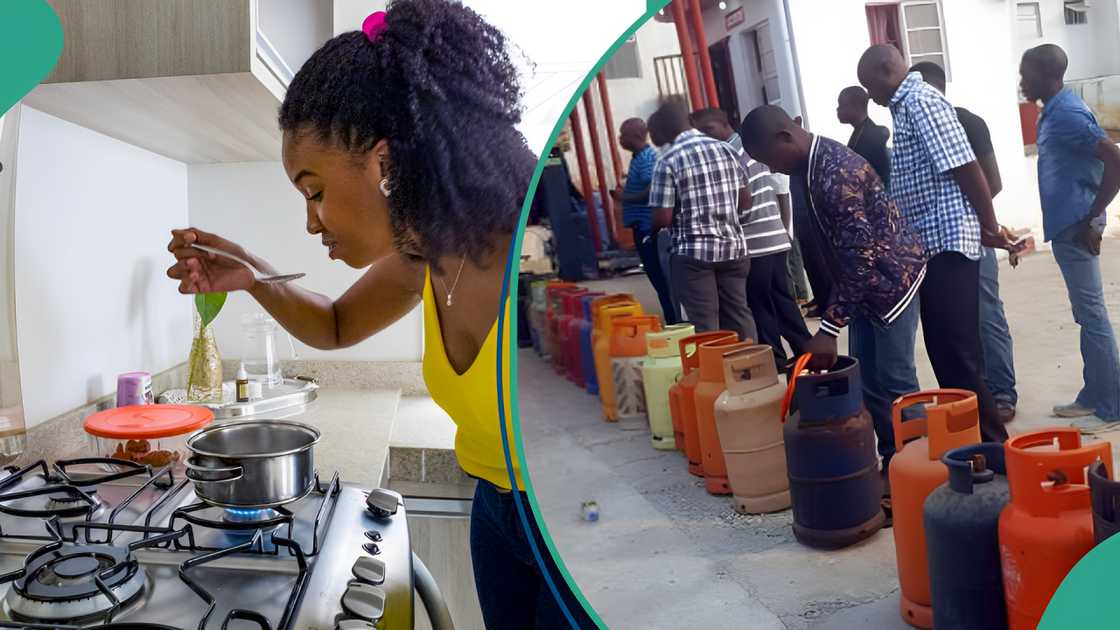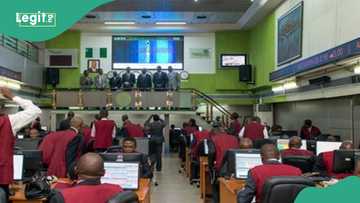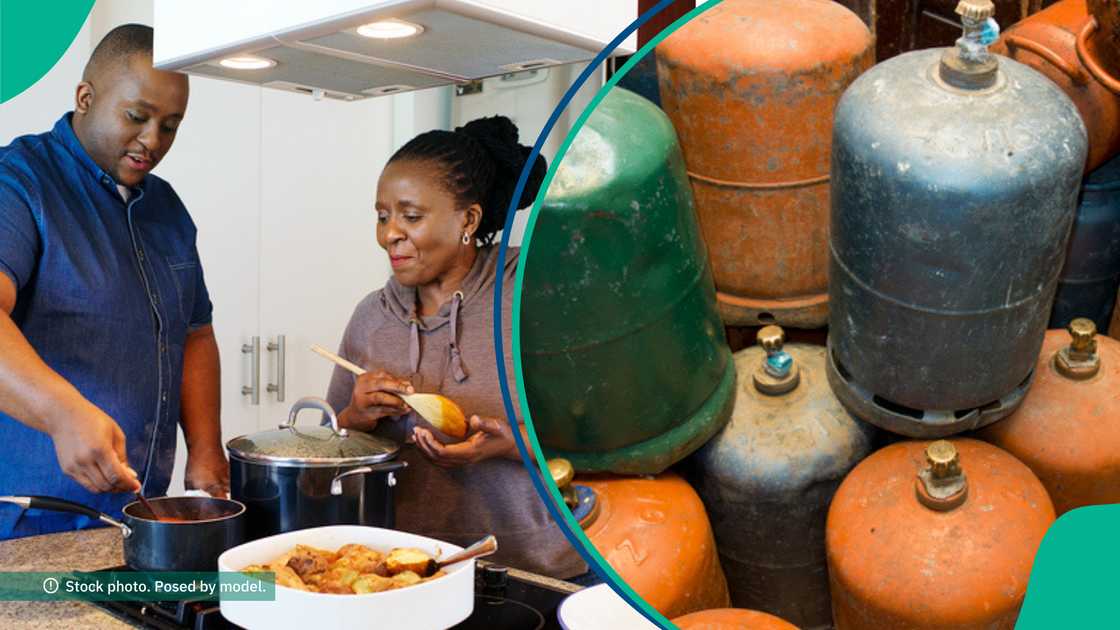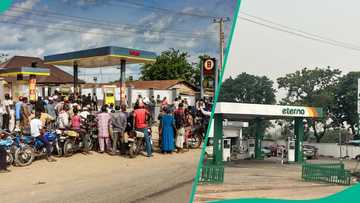Dealers Release New Price for Cooking Gas, Data Shows States With Highest, Cheapest Costs
- Nigerian homes are feeling the heat again as the price of liquefied natural gas(LPG), known as cooking gas, skyrocketed due to the rise in crude prices
- Recent data from the National Bureau of Statistics (NBS) shows that Nigerians paid more for cooking gas in June
- The data from the national statistics body also shows the Nigerian states with the costliest and cheapest prices
Legit.ng’s Pascal Oparada has reported on tech, energy, stocks, investment and the economy for over a decade.
For the fifth straight month, cooking gas prices in Nigeria have risen, tightening the squeeze on household budgets.
According to fresh data from the National Bureau of Statistics (NBS), refilling a 5kg cylinder now costs ₦8,323.95—up 1.92% from May’s ₦8,167.43 and a hefty 19.49% more than in June 2024.

Source: Getty Images
Where it’s cheapest and costliest
The pain is sharper for larger households. A 12.5kg cylinder refill now costs an average of ₦21,010.56, marking a 1.46% rise from May and a staggering 33.52% jump compared to last year’s ₦15,736.27.

Read also
Nigerians face higher prices as Customs revives 4% FOB charge, hikes licence fees by 1,500 per cent
Oyo, Plateau, and Yobe currently offer the lowest 5kg refill costs at ₦7,100, ₦7,200, and ₦7,600, respectively.
For the 12.5kg size, Yobe leads with ₦19,000, followed by Niger (₦19,242.48) and Jigawa (₦20,025.94).
At the other extreme, the South-South zone records the highest average: ₦8,871.63 for a 5kg cylinder and ₦22,179.08 for a 12.5kg refill.
In contrast, the South-West pays the least regionally—₦7,960.42 and ₦20,402.42, respectively.
Why the surge won’t stop
Despite being Africa’s largest oil producer, Nigeria imports much of its cooking gas.
This dependence makes local prices vulnerable to swings in the global market.
Disruptions in supply chains, increased global demand, and geopolitical tensions have driven up costs worldwide.
The naira’s persistent weakness worsens the situation, as importers pay more to secure foreign exchange, passing the burden to consumers.
“Gas pricing is no longer just a local matter; it’s tied to the global energy market and currency stability,” explains Dr. Sola Adeyemi, energy economist at the University of Lagos.
Government efforts, limited results
According to a BusinessDay report, in 2024, the Federal Government banned the export of locally produced cooking gas to stabilise domestic prices.
But almost a year later, most Nigerians say the effect has been minimal. Supply still lags behind rising demand, and infrastructure gaps, from poor storage to costly distribution, remain unresolved.
The human toll
In Bauchi, food vendor Fatima Musa says many have returned to using firewood, sparking deforestation concerns. “It’s cheaper, but the smoke is killing us slowly,” she laments.
Blessing Johnson in Abuja now cooks only once a day, carefully timing meals to stretch her gas. In Port Harcourt, software engineer Chidi Nwosu has teamed up with neighbours to bulk-buy refills, cutting costs by sharing.
Even restaurants are scaling back. In Lagos, buka owner Modupe Alade reduced her menu after her gas bill doubled in a year.
“We refill less often now, but customers notice—and complain,” she says.

Read also
BUA Foods dethrones Dangote Cement as NGX’s most valuable company: Full list of N1 trillion giants
What’s Next?
Experts warn that without major investment in domestic gas processing, better storage, and improved distribution, prices will remain unstable. Strengthening the naira and creating better terms for importers could also help.
For now, Nigerians are adapting in creative, and sometimes, desperate ways.
“I just want to cook for my children without worrying about the cost every time I turn on the gas,” Blessing says quietly. “That’s not too much to ask.”
Dangote weighs in with cheaper prices
Meanwhile, a prior report by Legit.ng disclosed that Africa’s biggest refinery crashed cooking gas prices temporarily as crude oil prices dipped.
The billionaire businessman disclosed this during a facility tour with the Lagos Business School’s GCEO Africa delegation at the Lekki-based refinery on Tuesday, July 15, 2025.

Source: Getty Images
Check by Legit.ng on petroleumpriceng showed that the refinery has slashed its LPG prices to N795 per kg from N800, representing a N5 cut
NPC slashes cooking gas prices
Legit.ng earlier reported that the Nigerian National Petroleum Company (NNPC) Limited filling stations have reduced the retail price of liquefied natural gas (LPG), also known as cooking gas.
Legit.ng visited several stations on Monday, July 14 and observed that 1kg is now priced at N1,080.
This represents a N120 reduction compared to the N1,200 offered in June.
Source: Legit.ng



